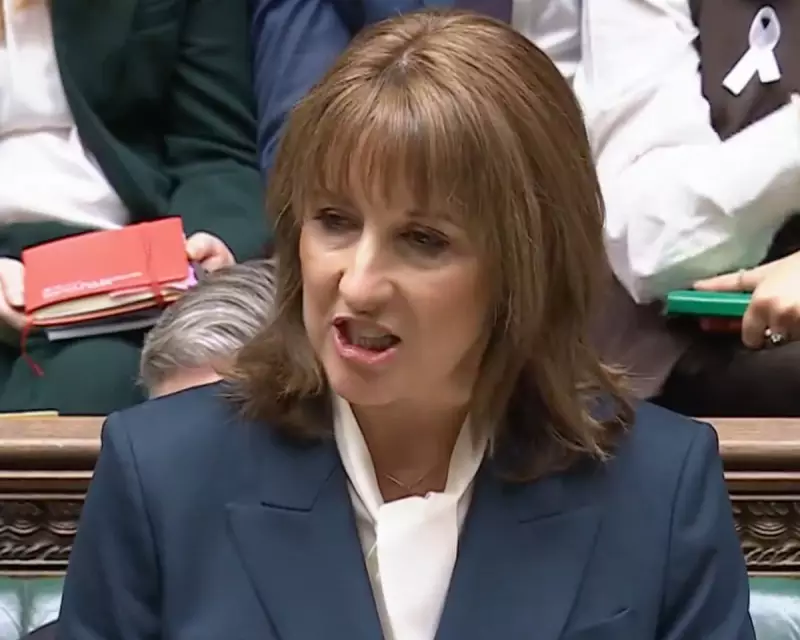
Chancellor Rachel Reeves' debut budget is confronting a harsh economic reality as her tax-raising measures collide with a British economy showing little sign of meaningful growth.
A Budget Flying into Economic Headwinds
The Labour government's first major fiscal statement, delivered on Wednesday 26th November 2025, has encountered immediate turbulence. Rachel Reeves unveiled what critics are calling a "tax-raising budget" designed to fund Labour's ambitious investment plans, but the measures are landing on an economy that continues to struggle for momentum.
Economic indicators released in the weeks preceding the budget painted a concerning picture. Growth remains stubbornly low, with many analysts questioning whether the UK can achieve the expansion needed to support the government's spending commitments without further burdening households and businesses.
The Chancellor's Fiscal Tightrope
Reeves, who had promised fiscal responsibility alongside increased investment, walked a difficult line in her autumn statement. The budget includes several revenue-raising measures aimed at filling Treasury coffers while maintaining Labour's pledge not to increase income tax, National Insurance, or VAT for working people.
However, alternative tax rises and fiscal drag measures have drawn criticism from opposition parties and some economic commentators. They argue that increasing the tax burden during a period of economic fragility could further dampen growth prospects.
The Office for Budget Responsibility's forecasts, published alongside the budget, suggest the economic outlook remains challenging. Growth projections have been revised downwards from previous estimates, reflecting ongoing global uncertainties and domestic economic constraints.
Business Reaction and Economic Consequences
Initial reactions from business leaders have been mixed. While some welcome the certainty provided by the budget and support for specific sectors, others express concern about the cumulative impact of tax changes on investment and competitiveness.
The manufacturing and retail sectors appear particularly vulnerable to the economic conditions described in the OBR report. Consumer confidence remains fragile, and business investment has yet to recover to pre-pandemic levels in several key industries.
Market responses to the budget announcement have been cautious, with sterling showing some volatility and government borrowing costs edging slightly higher. Investors appear to be weighing the potential for increased tax revenues against concerns about economic growth.
As the dust settles on this significant political moment, the fundamental question remains: can Rachel Reeves' tax-and-invest strategy lift the UK economy out of its growth rut, or will the weight of additional taxation further constrain the very expansion the government seeks to achieve?





